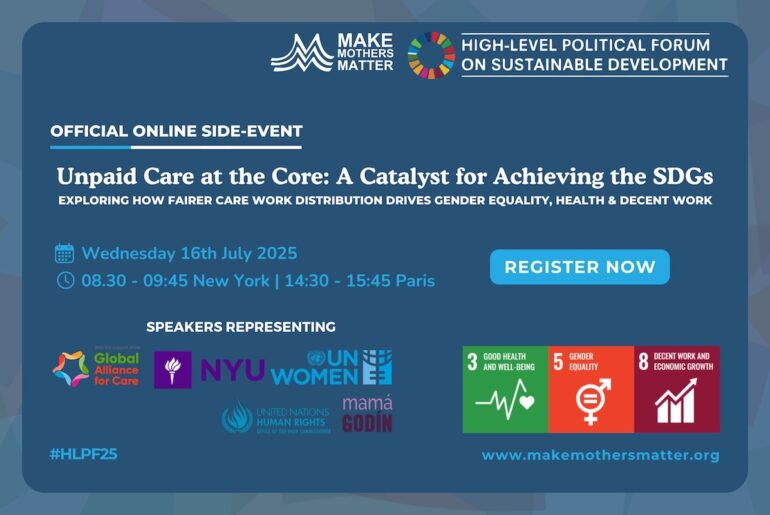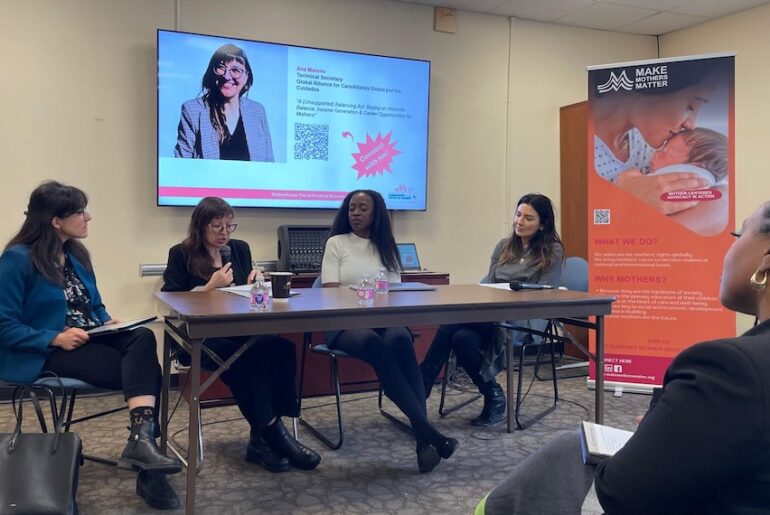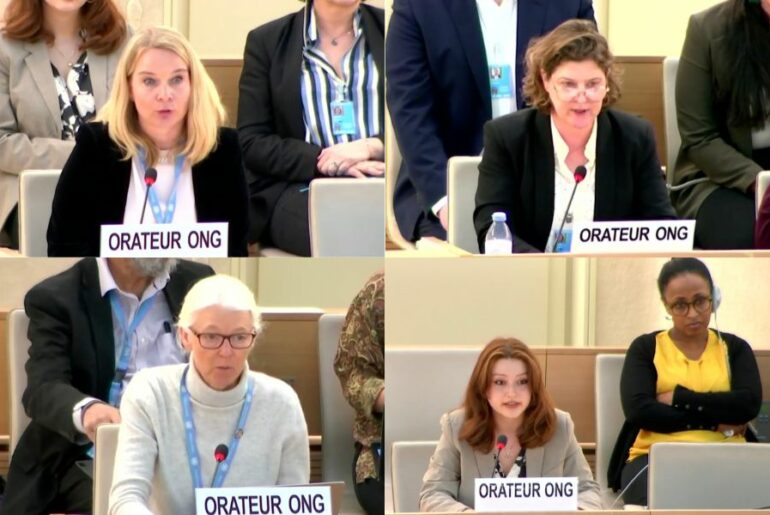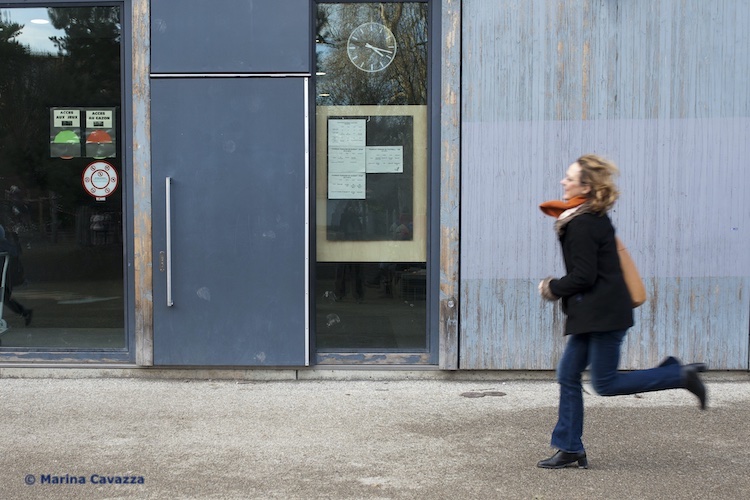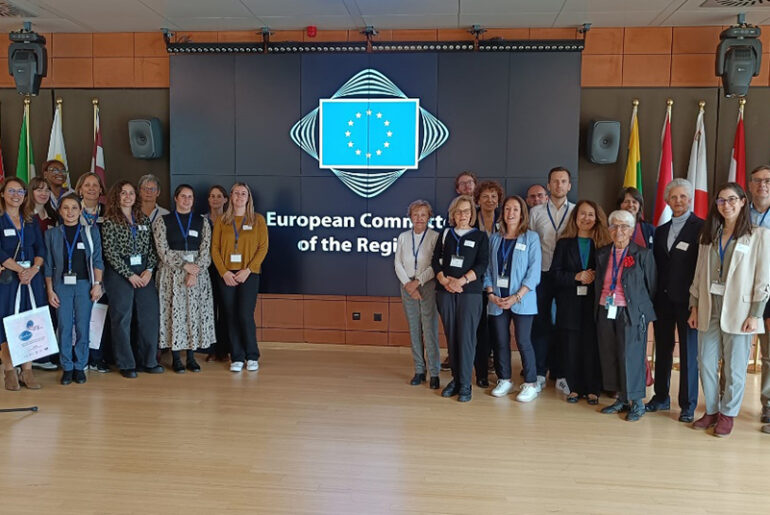Early Childhood Development : the essential role of mothers – and fathers

A focus on pregnancy and early childhood development is crucial
“The burden and cost of inaction (in the area of maternal physical and mental health during pregnancy, and early childhood care) is high. A staggering 43% of children under five years of age – an estimated 250 million – living in low- and middle-income countries are at risk of suboptimal development due to poverty and stunting. The burden is currently underestimated because risks to health and wellbeing go beyond these two factors.”
Advancing Early Childhood Development: from Science to Scale, The Lancet, October 2016
The case for a focus on Early Childhood Development (ECD) is not new: WHO, UNICEF, the World Bank, and Academics have already been advocating for a focus on this critical period of child development and its potentially high returns on investment. And since the publication in October 2016 of the Lancet Early Childhood Development Series, the number of calls has multiplied, including by MMM, and awareness is rising across sectors. There is now a powerful and well-established scientific, social and economic case for investing Early Childhood Education and Care.
Starting at the beginning – the prenatal period matters too!
“If we’re putting millions of dollars into educational programs which begin at three, four, or five years of age, and haven’t developed the appropriate brain to receive the education, it will be a waste of money. It is important to be sure that the brain has developed well in utero… So when you start the formal education, you have the nerve cells and dendrites that can respond.”
Dr. Ann Diamond Weinstein, Ph.D. Professor of Anatomy and Neurosciences, University of California, Berkeley
During pregnancy – and until age 3, the brain develops at the astounding rate of 700-1000 new connections per second, i.e. faster than at any other moment later in life. Recent advances in Neurosciences have also confirmed that more than Genetics, the earliest experiences shape a baby’s brain development, and have a lifelong impact on their mental and emotional health, as well as their physical, intellectual and social development – including during pregnancy.
Adversity during a mother’s pregnancy or during the early childhood years (such as violence, abuse, neglect or any form of stress) can produce physiologic disruptions or biological memories that undermine a child’s development and their potential for productive participation in society later in life.
Instead, security and safety, combined with loving, responsive and nurturing caregiving, early stimulation and learning (i.e. “skilled early parenting”) are linked to positive brain development and function throughout the life course.
Supporting and empowering parents: they are the child’s first educators and mothers have a primary role
The UN Every Woman Every Child (EWEC) global movement has highlighted the tremendous returns that its “Global Strategy for Women’s, Children’s and Adolescents’ Health (2016-2030)” could yield by 2030, including: “At least a 10-fold return on investments through better educational attainments, workforce participation, and social contributions; At least US$100 billion in demographic dividends from investments in early childhood and adolescent health and development; A ‘grand convergence’ in health, giving all women, children and adolescents an equal chance to survive and thrive”.
There is also an economic rationale for providing support and care for mothers during pregnancy and early childhood. Research by the London School of Economics & Centre for Mental Health has established that providing support and care for mothers and babies during pregnancy and early childhood is five times more effective than later interventions designed to deal with individual or social problems in later life.
Taking a long-term perspective
“Investing in quality early childhood development for disadvantaged children from birth through age 5 will help prevent achievement deficits and produce better education, health, social and economic outcomes. Such investments will reduce the need for costly remediation and social spending while increasing the value, the productivity and the earning potential of individuals.”
The Heckmann Equation (2014), Professor James J. Heckman, University of Chicago
Long-term outcomes go well beyond the health of mother and children today. Investing in maternal health and early childhood development and targeting the most disadvantaged families could have an impact on the future prosperity and stability of a country. It could potentially help break the inter-generational cycle of poverty, foster well-functioning families, and ultimately bring about fairer and more peaceful communities and societies.
MMM Recommendations to policymakers
- Recognize the importance of these critical early years for child development, especially between conception and age 3, and make it an investment priority and a key long-term strategy for the eradication of poverty.
- Develop national cross-sectorial policies for educating and supporting mothers and fathers in their caring roles, especially during pregnancy and these early years, to ensure that babies benefit from protective, loving, nurturing and stimulating environments and relationships.
- Recognize that the unpaid work of caring for a newborn baby or a very young child is essential but also time-consuming, and address the resulting time poverty that limits many mothers’ engagement in income generating activities – notably through the development of targeted public infrastructure and services, but also through cash transfer programs.
Early Childhood Care and Education – starting during pregnancy – and empowering mothers and other caregivers in the essential role of upbringing children, is the best investment a country can make. Not only it is a matter of child rights, but it is key to the realization of the 2030 Development Agenda, notably SDG1 on poverty eradication and SDG16 on the promotion of peaceful and inclusive societies.
